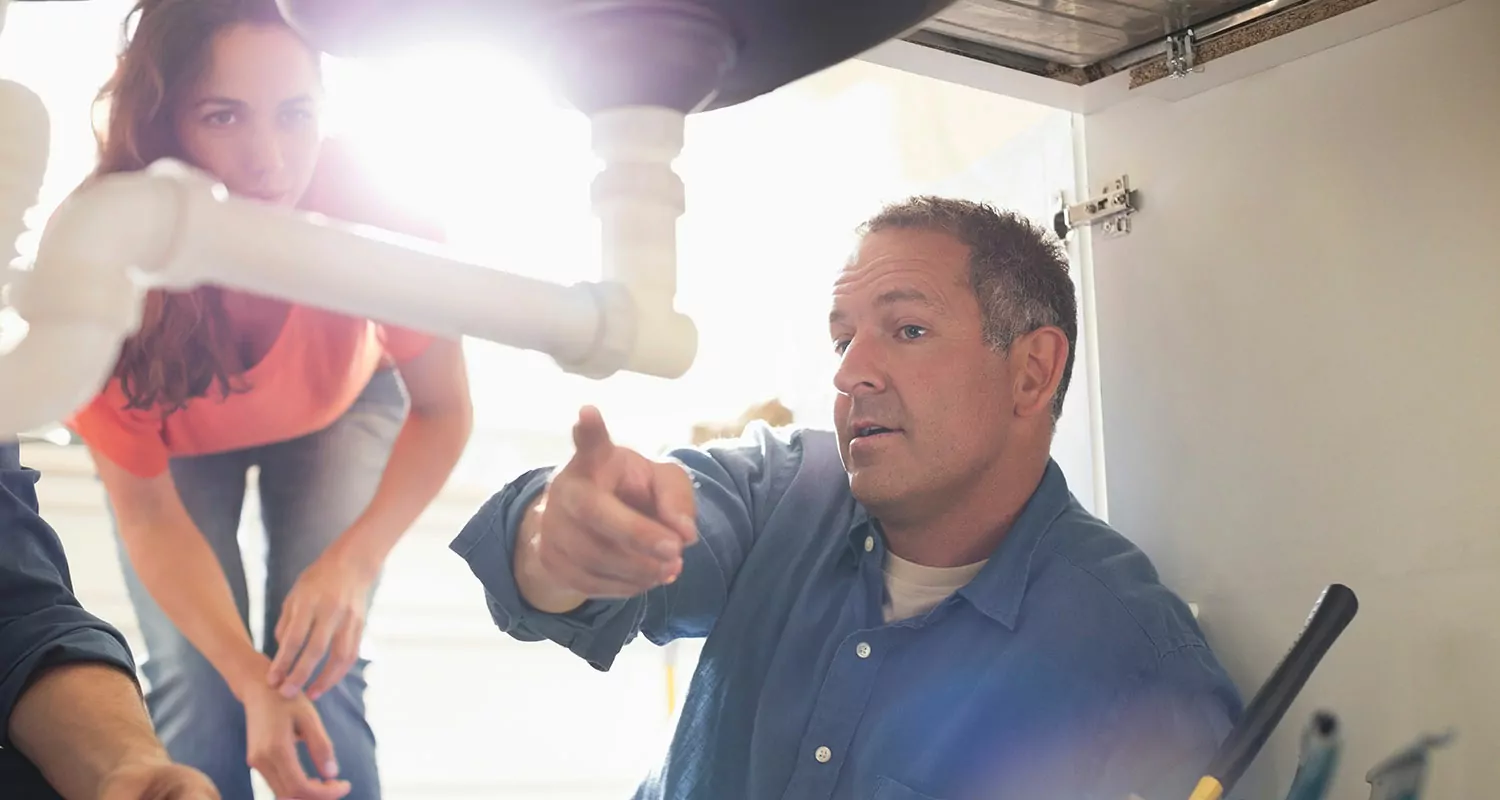So, how do I hire a local plumber? It can be confusing knowing the right questions to ask or where to find the right plumber. Although in this post we will be covering everything needed to find one, hire one and more.
When it comes to maintaining our homes or business spaces, plumbing plays a crucial role. Yet, many of us don’t think much about it until a problem arises.
Understanding different types of plumbing issues and knowing when to call a professional plumber can save time, and money, and prevent potential disasters.
This article will explore the various plumbing problems you might encounter and help you decide between tackling the issue yourself or hiring a qualified plumber.
Types of Plumbing Issues
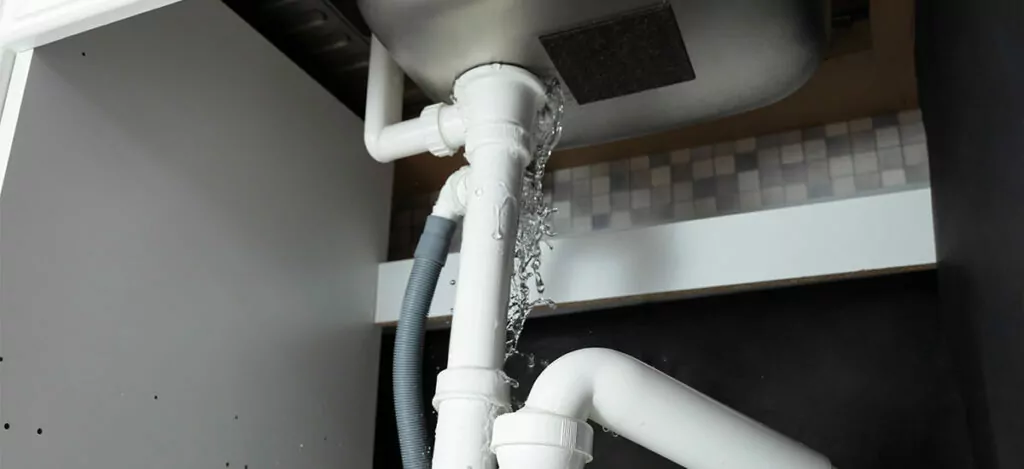
Plumbing issues can range from minor annoyances to major emergencies. Here are some common types encountered in both residential and commercial properties:
- Leaks: From dripping faucets to leaking pipes, these can cause significant water wastage and damage over time.
- Blockages: Clogged drains and toilets are common and can lead to inconvenient backups.
- Installations: This includes setting up new fixtures or appliances that require plumbing, such as sinks, toilets, or dishwashers.
- Plumbing Repairs: General repair work, like fixing broken pipes or replacing worn-out parts.
- Plumbing Emergencies: These are urgent issues like burst pipes or severe leaks that need immediate attention.
- Remodeling Tasks: Plumbing considerations in home improvement projects, often require remodeling plumbers.
- Various Plumbing Tasks: Other tasks include routine maintenance, inspections, and minor adjustments.
DIY vs. Professional Help: When to Call a Plumber
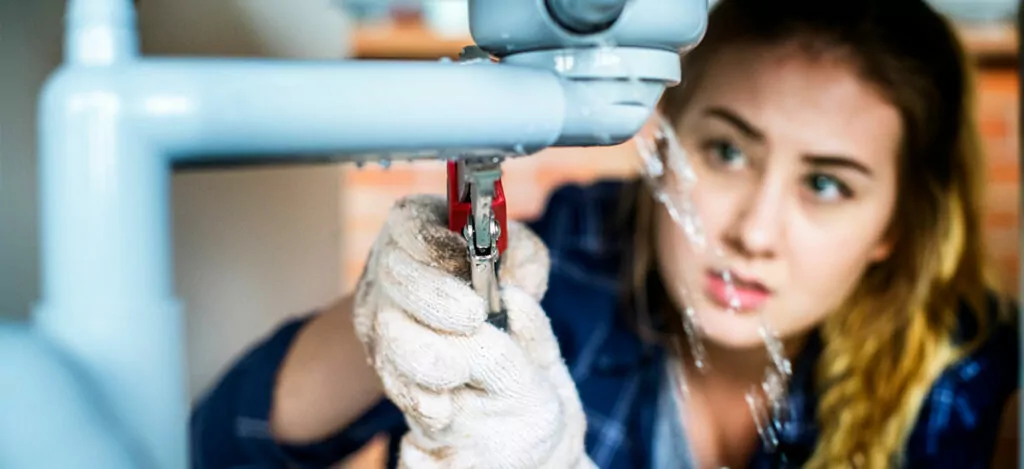
Deciding between DIY and professional help depends on the complexity and risk associated with the plumbing task.
DIY Plumbing
- Suitable for basic repairs and simple installations.
- Requires basic tools and knowledge.
- Ideal for tasks like fixing a leaky faucet or unclogging a drain.
Professional Plumbing Services
- Necessary for complex, high-risk tasks.
- Requires skilled, licensed plumbers or a master plumber for expertise.
- Essential for tasks that involve major installations, significant repairs, or plumbing emergencies.
When to Call a Plumber?
If you’re unsure about your DIY plumbing abilities, it’s wiser to call a professional plumber for safety and efficiency. In urgent situations like plumbing emergencies, it’s essential to get fast help from emergency services.
Also, certain plumbing jobs, especially in commercial settings, legally need a licensed plumber with liability insurance. For tasks involving gas lines or significant electrical work, it’s safer and smarter to rely on licensed professionals.
Lastly, attempting DIY repairs can sometimes void warranties on your appliances and fixtures, so using a qualified plumber helps maintain these warranties.
If you’re asking yourself “How do I hire a local plumber? “, the next sections below are designed to guide you through the process, answering all your questions.
Finding Local Plumbers
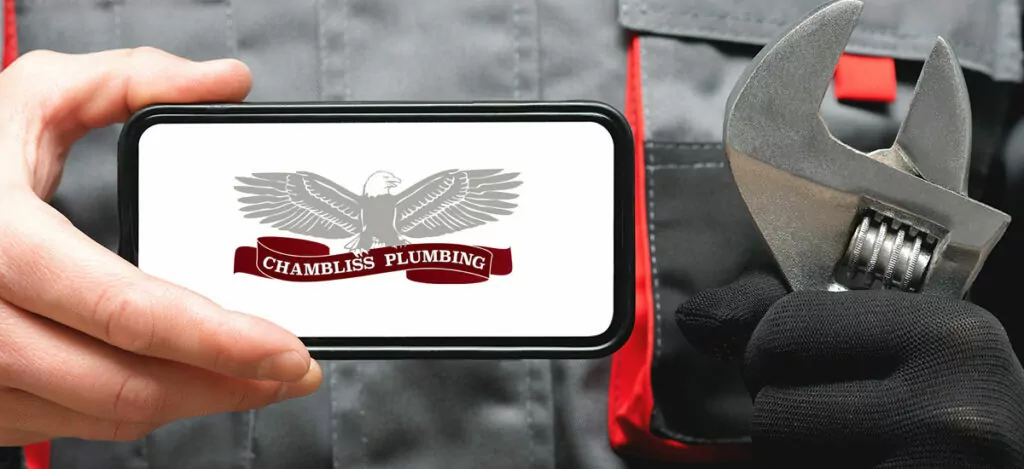
Finding the right plumber for your needs can be a straightforward process. Here’s how you can start:
1. Using Online Directories and Search Engines
You can easily find local plumbing companies by searching online. Websites that list different plumbing companies often provide details like services offered and areas they serve.
2. Leveraging Social Media and Community Groups
Platforms like Facebook or local community forums can be great for getting recommendations. You might find posts from professional plumbers advertising their services or community members suggesting reputable plumbers they’ve used.
3. Seeking Recommendations from Friends, Family, and Neighbors
Often, the best way to find a reliable plumbing professional is through word of mouth. Ask people you trust who they have hired for plumbing work and if they were satisfied with the service.
Vetting Potential Plumbers
Once you have a list of potential plumbers, it’s important to make sure they are qualified and reliable.
- Checking Qualifications and Certifications: Ensure the plumber or the plumbing contractor you are considering has the necessary qualifications. This might include being a journeyman plumber, master plumber, or having specific certifications in the plumbing industry.
- Understanding the Importance of Licensed and Insured Plumbers: A licensed plumber is more likely to provide quality plumbing services. Also, insurance is crucial because it protects you in case of accidents during the plumbing work.
- Reading Reviews and Testimonials: Look up what other customers have said about the plumber. Positive reviews are a good sign, but also be on the lookout for any consistent complaints.
- Asking for References: Don’t hesitate to ask the plumbing company for references from previous clients. This can give you a clear idea of their expertise and reliability.
By carefully considering these aspects, you can hire the right plumber for your needs, whether it’s for basic plumbing services, plumbing emergencies, or regular maintenance. Remember, reputable plumbers should be willing to provide free estimates, giving you an idea of the cost before you agree to the service.
Getting Quotes and Estimates
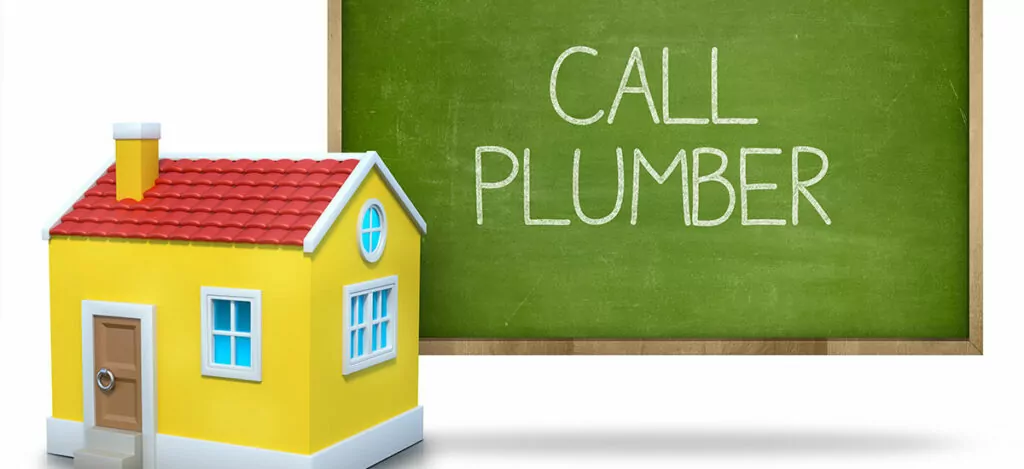
When you need plumbing work done, it’s important to know how to get quotes and understand what they mean.
How to Request a Quote?
First, contact local companies or independent contractors who offer the services you need. You can do this by phone or through their website. Explain your plumbing problem clearly, whether it’s a plumbing emergency or nonemergency repairs. Ask them to give you a quote or estimate for the job.
An estimate gives you a rough idea of how much the job might cost. It can change based on what the plumber finds when they start the work. A fixed quote is a set price. It won’t change unless you agree to extra work after the quote is given.
Don’t just look at the price. Consider what services each plumber offers. Does the quote include cleanup and disposal? Do they have a plumber’s license and carry state-mandated insurance? These factors matter just as much as the cost.
Key Questions to Ask Before Hiring
Before you decide to hire a plumber, there are a few important questions to ask:
- Experience and Specialties: Find out how long they’ve been working as plumbers. Ask if they have experience with your specific issue, like sewer lines or drain lines.
- Warranty and Guarantees: Does the plumber offer a warranty on their work? What does it cover and for how long?
- Timelines and Availability: When can they start, and how long do they think the job will take? This is especially important if it’s an emergency plumbing service you need.
- Cleanup and Disposal: After they fix the plumbing problem, will they clean up the area? How will they dispose of any replaced parts or materials?
Getting these details can help you choose the right plumber for your needs, whether it’s a reputable plumber for a sudden plumbing emergency or a master plumber for more complex jobs. Remember, a good plumber should be willing to give you a free estimate and discuss their charges upfront.
The Bottom Line: How do I hire a local plumber?
Understanding your plumbing needs is key to answering the big question of ” How do I hire a local plumber “. Seek reputable San Antonio plumbing services, like Chambliss Plumbing Company, for licensed expertise, clear warranties, and detailed cost estimates.
Whether facing an emergency or planning routine repairs, it’s crucial to ensure the plumber you choose is experienced, licensed, and offers clear warranties and cost estimates.
Armed with this knowledge, you’ll be better prepared to make informed decisions for your plumbing requirements, ensuring quality and reliable work.
What to do next
Are you dealing with a plumbing issue in San Antonio? It might be time to call Chambliss Plumbing Company. They understand the unique challenges of San Antonio plumbing and are ready to provide the help you need. Whether it’s a small repair or a big project, they’re just a call away and ready to offer their expert assistance.
